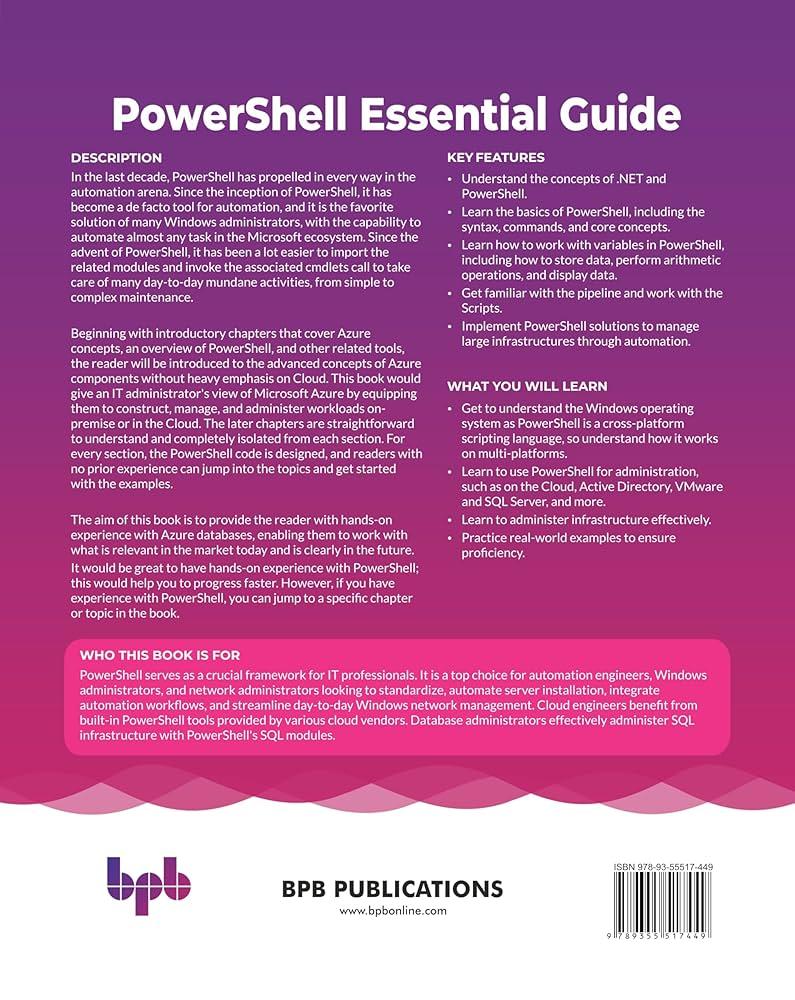Algeria Bars Malian Aircraft: A New Chapter in Regional Discord
In a notable intensification of diplomatic strain, Algeria has officially prohibited all Malian aircraft from traversing its airspace. This move emerges against the backdrop of escalating disagreements over drone deployments and military activities within the Sahel region, underscoring the intricate security challenges and geopolitical rivalries shaping North Africa today. Algeria’s action reflects a firm stance to protect its territorial sovereignty amid concerns about Mali’s expanding military operations, further complicating bilateral relations between these neighboring states.
Context Behind Algeria’s Airspace Restriction
The closure of Algerian airspace to Mali is not an isolated incident but rather part of a broader pattern of mistrust fueled by disputes over unmanned aerial vehicle (UAV) usage. Algeria perceives Mali’s increasing reliance on drones as a potential threat to its national security framework, especially given ongoing instability caused by extremist factions across the Sahara-Sahel belt. Both countries are grappling with internal and cross-border insurgencies, making control over aerial domains critical for surveillance and defense.
This decision also signals Algeria’s intent to assert greater control over regional air corridors amidst fears that unregulated drone flights could undermine its strategic interests. The ban may disrupt commercial aviation routes and logistical networks vital for trade and humanitarian aid delivery in West Africa.
- Security Ramifications: Heightened alertness on both sides could lead to increased militarization along shared borders.
- Economic Consequences: Restrictions on air traffic risk hampering commerce in an already fragile economic environment.
- Global Diplomatic Impact: International stakeholders invested in Sahel stability may reassess their engagement strategies following this development.
Regional Security Challenges and Diplomatic Fallout
The prohibition imposed by Algeria exacerbates existing tensions within North Africa’s complex political landscape. Analysts warn that such unilateral measures could provoke retaliatory actions or encourage other nations in the region to adopt similar restrictive policies, potentially fragmenting cooperative security frameworks essential for counterterrorism efforts.
Mali faces possible isolation due to limited access through Algerian skies—a critical route for diplomatic missions, commercial flights, and international aid operations. This isolation risks undermining Mali’s capacity to engage effectively with global partners during a period when coordinated responses are crucial against jihadist threats proliferating across border areas.
- Deterioration of Bilateral Relations: The ban deepens mistrust between Algiers and Bamako at a time when dialogue is most needed.
- Risk of Military Escalation: Increased troop deployments or skirmishes along contested zones may arise as each side fortifies defenses.
- The Role of External Powers: Foreign actors—ranging from European nations conducting counterterrorism missions to emerging players like Russia—could influence conflict dynamics depending on their alliances with either country.
A renewed emphasis on multilateral diplomacy involving regional organizations such as ECOWAS (Economic Community of West African States) and the African Union is imperative. These bodies can facilitate mediation efforts aimed at de-escalating tensions before they spiral into open confrontation that would jeopardize broader Sahel stability initiatives supported by international coalitions combating terrorism since 2015.[1]
Strategies for De-escalation & Enhanced Cooperation Across the Sahel
The current impasse between Algeria and Mali highlights an urgent need for structured dialogue mechanisms designed not only to resolve immediate disputes but also foster long-term regional resilience against shared threats like violent extremism, trafficking networks, and political instability affecting millions across West Africa.[2]
A comprehensive approach should include establishing formal communication channels dedicated specifically to managing airspace concerns while promoting transparency regarding UAV operations near sensitive borders. Additionally, creating joint military exercises among Sahel countries can build mutual trust while improving interoperability against common enemies operating transnationally throughout desert regions spanning Niger, Burkina Faso, Mauritania—and beyond.[3]
- Create Multilateral Forums: Engage all affected states including Nigerese neighbors in regular consultations addressing sovereignty issues related to aerial surveillance technologies;
- Pursue Joint Military Drills: Enhance collective defense capabilities through coordinated training programs;
- Cultivate Conflict Resolution Workshops: Educate leaders on negotiation tactics aimed at reducing hostilities;
- Cultivate Grassroots Peacebuilding Initiatives: Empower local communities affected by insecurity via inclusive dialogues fostering reconciliation efforts tailored toward mitigating localized conflicts driven by ethnic or resource-based grievances;.....
| Recommended Strategy | Description |
|---|---|
| Diplomatic Engagement | Open direct communication lines between Algerian & Malian authorities focused on resolving UAV-related disputes |
| Collaborative Defense Exercises | Organize joint drills among Sahel nations enhancing readiness & trust-building measures |
| Community-Level Peace Programs | Implement initiatives encouraging local participation in conflict mitigation & reconciliation processes |
Conclusion: Navigating Fragile Stability Amid Rising Tensions in West Africa
The recent closure of Algerian airspace marks more than just a tactical maneuver; it symbolizes deeper fissures threatening peace prospects throughout North-West Africa’s volatile corridor. As both governments grapple with balancing national security imperatives alongside diplomatic responsibilities toward neighbors—and amid shifting alliances influenced increasingly by external powers—the path forward demands patience coupled with proactive engagement.
This episode serves as a stark reminder that safeguarding sovereignty must be harmonized with collaborative frameworks designed explicitly around transparency concerning emerging technologies like drones which redefine modern warfare paradigms.
The international community remains vigilant as developments unfold—keenly aware that how these tensions evolve will significantly impact future cooperation models essential not only for counterterrorism success but also sustainable development goals tied closely with peace dividends across one of world’s most vulnerable regions.

